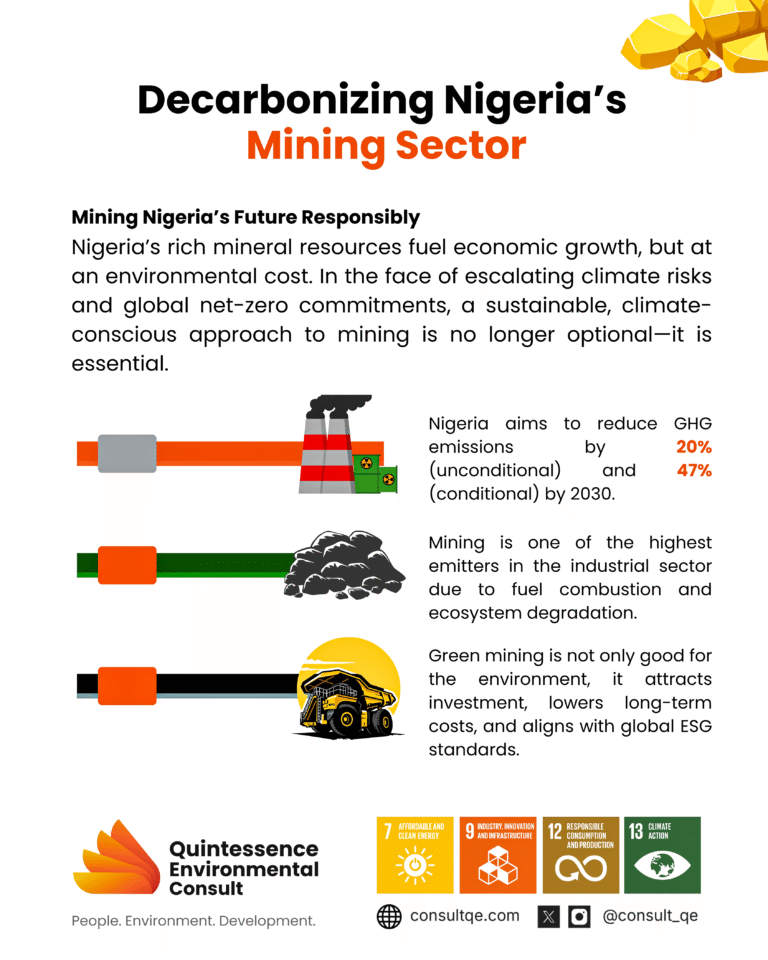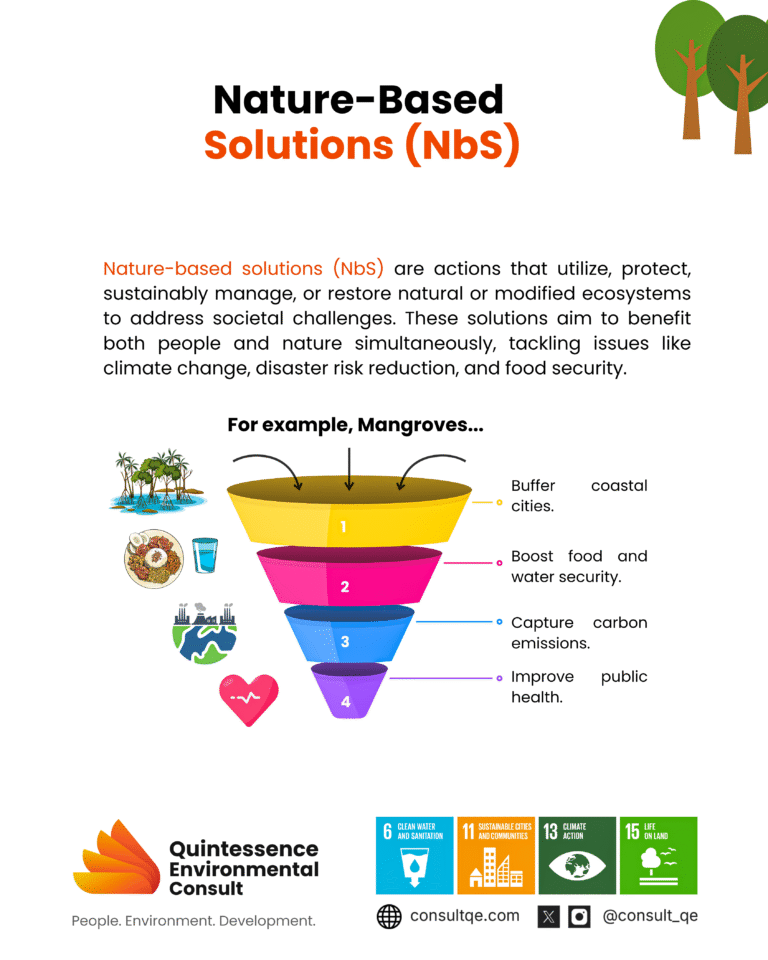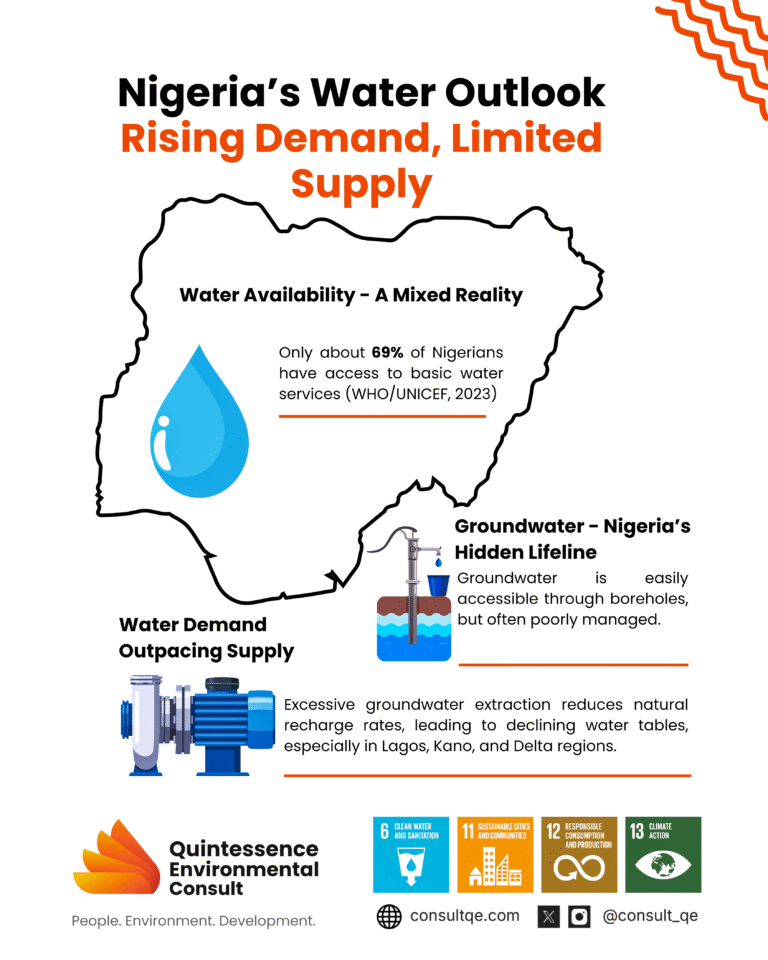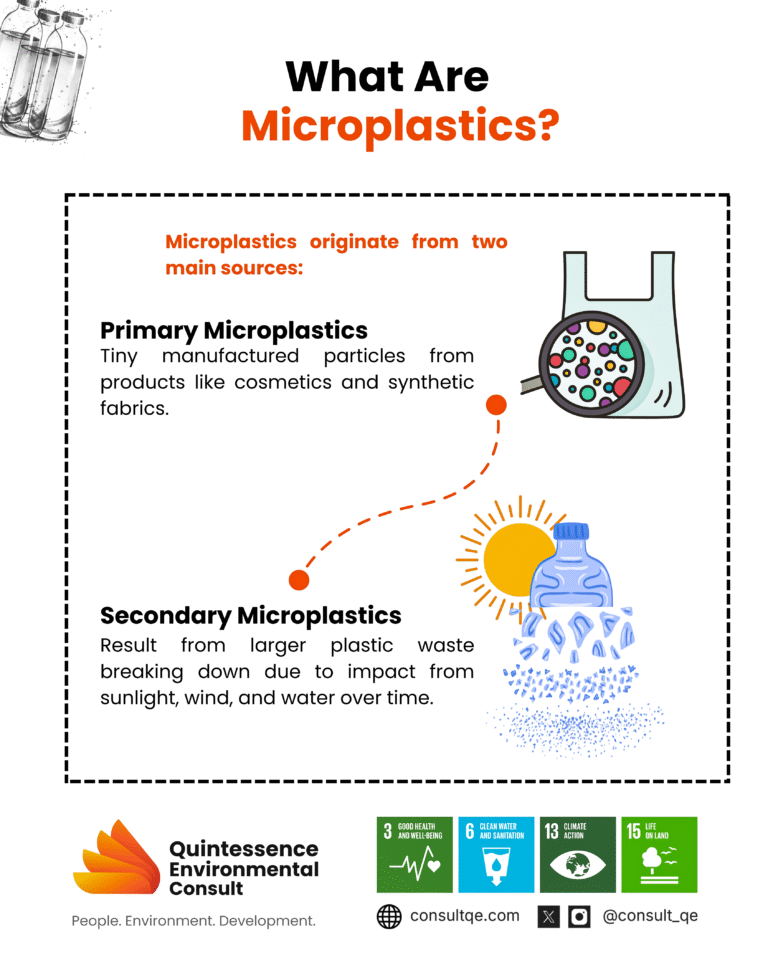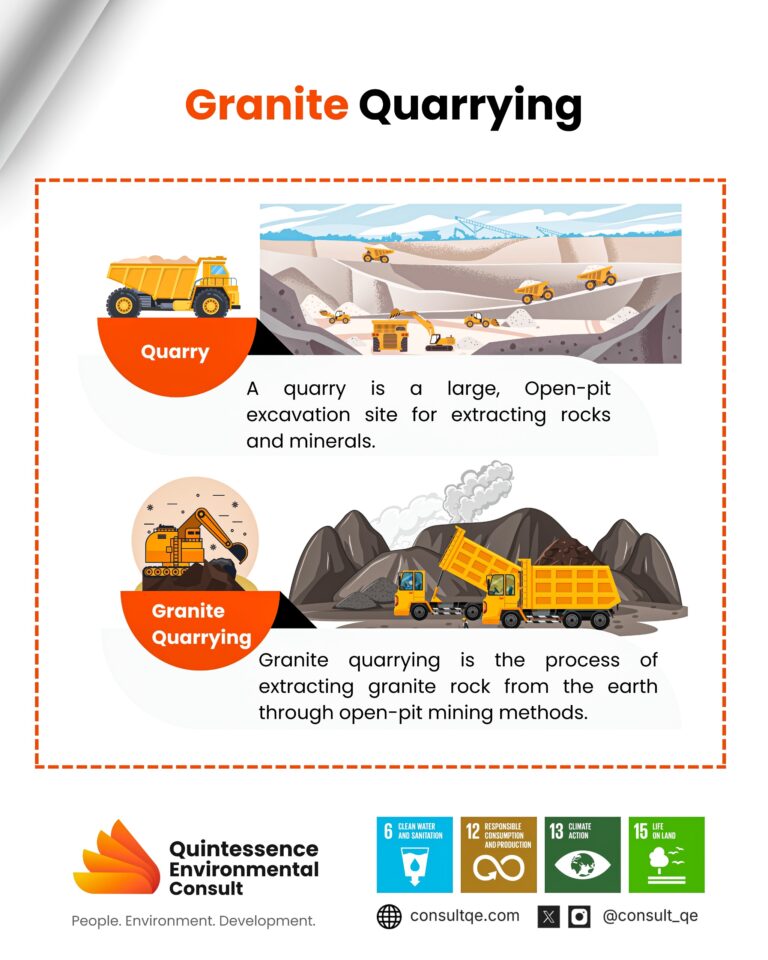Blog
Section Title
Mining has historically served as a cornerstone of Nigeria’s economic development, with notable resource extraction activities ranging from Tin in Jos and Gold in Zamfara to Lithium in Nasarawa. The...
From the submerged streets of Victoria Island during a downpour to the blistering, sun-baked landscapes of the Sahelian north, Nigeria is on the front lines of a climate crisis. So far, rising...
Did you know that Nigeria’s groundwater resources in urban settings are under severe pressure, with some areas experiencing alarming drops in the water table? Over-abstraction of groundwater...
Microplastics have infiltrated the Earth’s ecosystem. They have been found in the air we breathe, in soils that grow our food, and in the oceans that sustain life. But the most recent alarming...
ByIzuchukwu Onwurah
May 25, 2025
Carbon Emission,Biodiversity Loss,Climate Change,Life on Land,Pollution,Renewable Energy,Water
In an era defined by the need for sustainable development, Katsina State has taken a bold and strategic step forward. The Katsina Green Growth Agenda (KAGGA) is more than just a policy document, it is...
ByChibuzor Owuamanam
May 18, 2025
Carbon Emission,Biodiversity Loss,Climate Change,Life on Land,Pollution,Renewable Energy
TAKEAWAY Technology fuels transformation: ICT is the catalyst behind innovations that are reshaping how we fight climate change across energy, agriculture, waste, and education. Real-time data saves...
KEY TAKEAWAYS Plastic credits transform waste management into a profitable venture by rewarding organizations that collect or recycle plastic waste and enabling producers to offset their footprints...
KEY TAKEAWAYS Illegal Granite Quarrying Is Environmentally Devastating: Unauthorized quarrying is responsible for widespread deforestation, air and water pollution, and irreversible land degradation...
KEY TAKEAWAYS Green technology is essential for Nigeria’s sustainable future, helping address energy poverty, environmental degradation, and waste mismanagement while promoting economic resilience...

